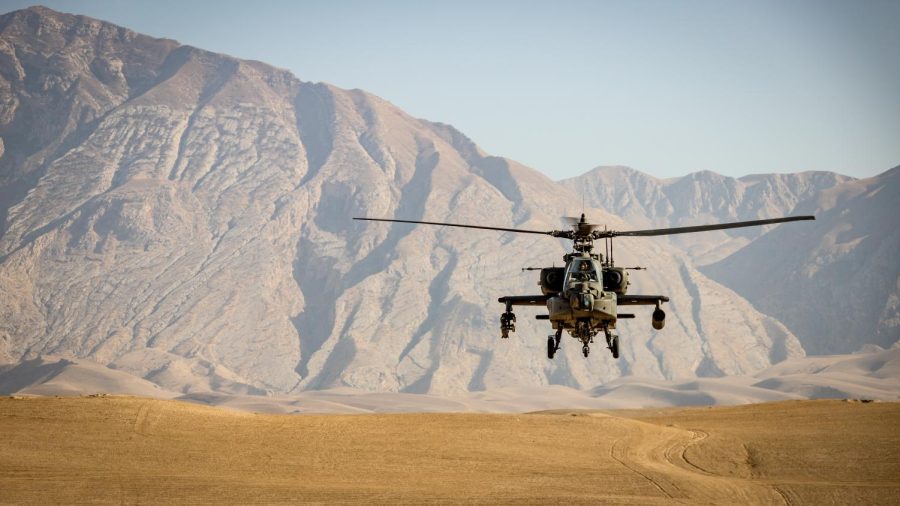Afghanistan War
People that were born after the Afghanistan War started are now old enough to join the Army and fight in this war. With this long of a conflict, maybe we should take a step back and think of a better solution than violence
After the attacks on 9/11, the U.S. demanded that the Taliban government hand over the terrorist leader Osama bin Laden. After the Taliban government refused, the United States invaded Afghanistan, and with Afghanistan’s government, waged a war against the Taliban. Right now, in the eighteenth year of the war, the Afghanistan National Defense and Security Forces (ANDSF) and the US forces continue to face challenges in defending the population, holding on to their territories, and dealing with mass casualties. Senior Afghan officials estimate that for several months in 2018, 30-40 ANDSF personnel were killed every day. The Taliban continues to carry out suicide attacks in major cities. The U.S. government estimates that as of 2019, only 53.8 % of Afghan districts are under government control, 33.9% are being fought between the Taliban and the government, and the remaining 12.3% are under Taliban control. As of July 27, 2018, there have been 2,372 deaths of United States soldiers and 20,320 injuries. According to a Congressional Budget Office report, the wars in Iraq and Afghanistan have cost taxpayers $2.4 trillion.
After negotiations that took place for more than a year, the Taliban and the U.S. government signed a peace agreement on February 29, 2020. This peace agreement sets a timeline for the withdrawal of U.S. forces from Afghanistan. Within 135 days, the United States will remove 8,500 troops. Within 14 months, all troops will be removed. Despite this agreement, the war continues.
The Afghanistan war began over a dispute to catch Osama bin Laden. Nine years after he was finally caught, the war is still going on. The citizens of Afghanistan are being severely affected by this war, even though they have no part in it. “Almost no civilian in Afghanistan has escaped being personally affected in some way by the ongoing violence,” said Tadamichi Yamamoto, the UN Special Representative for Afghanistan and head of the UN Assistance Mission in Afghanistan (UNAMA). In 2019, 3,403 civilians were killed because of the war, and 6,989 were injured. Overall, more than 100,000 people have been killed by the war. This is the 6th year in a row that civilian injuries and deaths have exceeded 10,000.

Whenever there is a big new story, whether on campus or off, you’ll find Neve Walker at the heart of it. Neve is a senior at Cathedral, and in her second...





















































